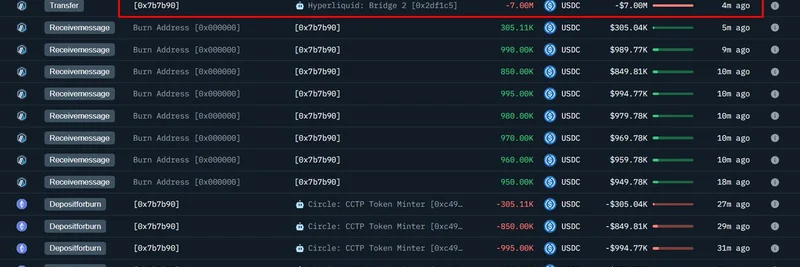If you're into the wild world of Solana meme tokens, you've probably swapped a few on Jupiter Exchange. But did you know this powerhouse is leveling up to become a full-blown DeFi super app? In a fresh interview on the 11AM with Seed Club show, Kash Dhanda, co-founder of Jupiter Exchange, spills the beans on where things are headed. Let's break it down in simple terms—no jargon overload here.
Entering the DeFi Super App Era
Jupiter started as a DEX aggregator on Solana, basically a smart tool that finds the best swap rates across different exchanges. Now, it's morphing into something bigger: a one-stop DeFi app. Think of it like your phone's app store but for crypto finance—swaps, lending, stablecoins, and more, all in one place.
Kash talks about how DeFi is Solana's secret sauce for growth. With features like Jupiter Lend and JupUSD (their own stablecoin), they're making it easier for folks to borrow, lend, and trade without leaving the app. For meme token enthusiasts, this means smoother trades and better liquidity for those viral coins that pop up overnight on Solana.
Fixing the Broken ICO Model
Remember ICOs? Those Initial Coin Offerings from the 2017 boom that often left investors holding the bag? Jupiter's tackling that head-on with their new Solana-based ICO platform. The goal? Make token launches fairer and less scammy.
Instead of shady raises, they're introducing structured launches with better transparency and community involvement. This ties directly into meme tokens, which often launch chaotically on Solana. Jupiter's platform could help creators build real value, reducing rugs (scams where devs pull the liquidity) and giving traders more confidence. Kash emphasizes how this revamp could bring back trust in new token projects.
Tackling DAO Challenges and On-Chain Governance
DAOs—Decentralized Autonomous Organizations—are like community-run companies on the blockchain. But they're not without headaches. Kash opens up about Jupiter's own DAO struggles, like slow decision-making and low voter turnout.
Recently, Jupiter announced a structural overhaul to focus on "high-impact governance." This means streamlining processes to make the DAO more efficient. For on-chain governance (voting on proposals directly on the blockchain), they're addressing issues like token holder apathy. If you're holding JUP tokens (Jupiter's governance token), this could mean your voice matters more in shaping the platform—especially useful if you're deep in Solana's meme ecosystem.
Reflecting on Revenue and Token Buybacks
In crypto, revenue models are evolving, and Jupiter's at the forefront. They allocate 50% of protocol fees to buy back JUP tokens, which are then locked or burned to reduce supply and potentially boost value.
Kash reflects on this "revenue meta," where projects share earnings with token holders. There's even a community vote underway to burn 130 million JUP tokens (about 4% of supply) from buybacks. This could be a game-changer for JUP holders, including those trading meme tokens on the platform. It shows how DeFi projects are borrowing from traditional finance, like stock buybacks, to create sustainable value.
Wrapping up, Kash's chat highlights Jupiter's push to make Solana DeFi more accessible and robust. If you're trading meme tokens or eyeing blockchain tech, keeping tabs on Jupiter could give you an edge. Check out the full interview on X for the deep dive. What's your take on Jupiter's moves—bullish for Solana memes?


